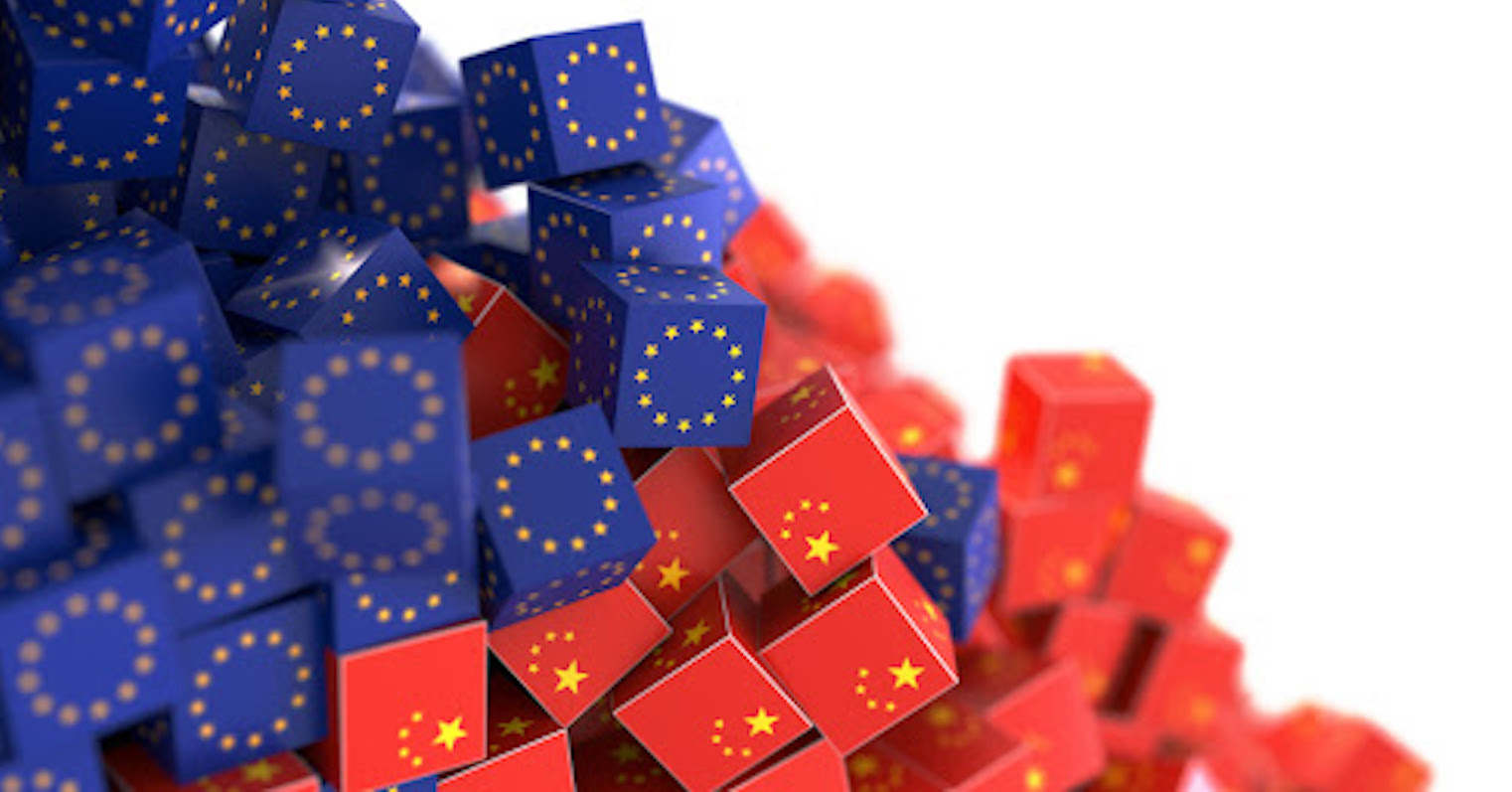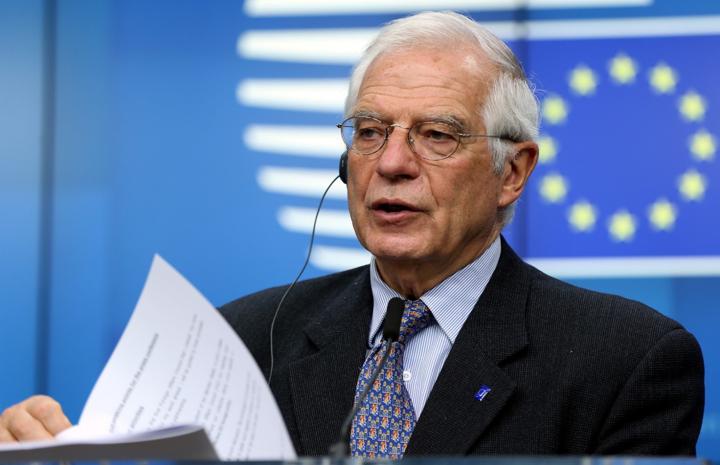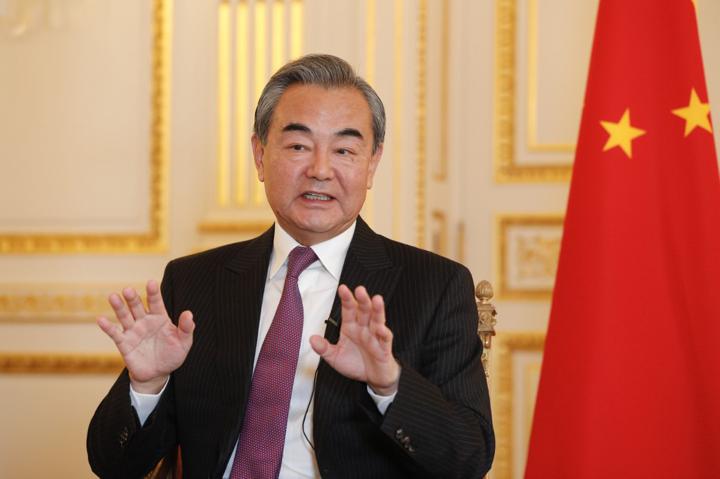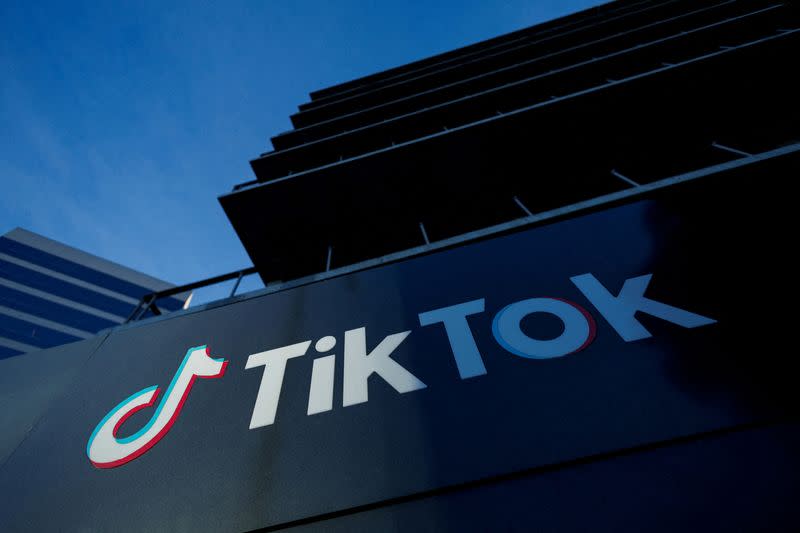China and European Union (EU) talks over a long-sought investment pact should if all goes to schedule resume soon after the Covid-19 crisis abates and trade officials can safely return to the negotiating table.
Indeed a planned meeting between senior EU and Chinese officials led by President Xi Jinping in the German city of Leipzig, where both sides last year anticipated the EU-China Comprehensive Agreement on Investment would be signed after seven years of painstaking negotiations, is still officially scheduled for September.
But insiders suggest a new gap has emerged between the two sides, one that will likely be hard to bridge in the near term. While the coronavirus crisis has prevented direct talks, including an EU-China summit postponed in April, the real problem is a breakdown in trust between both sides.
Joining a global pushback, European leaders are increasingly frustrated by the way Beijing has handled the coronavirus crisis. That includes the assertive line of so-called “wolf warrior” Chinese ambassadors, some of whom have been reprimanded by European governments over their messaging of China’s strength and Europe’s weakness amid the pandemic.
“Over these months China has lost Europe,” Reinhard Buetikofer, chairperson of the European Parliament’s delegation for relations with China, said last month.
The EU has been widely rebuked in recent weeks for toning down critical statements on China’s behavior and for even allowing Beijing officials to censor an op-ed written by the EU’s and member states’ ambassadors to China. The bloc’s officials have responded to the criticism with more assertiveness.
“Developing a joint EU approach to superpowers is never easy,” the EU’s diplomatic chief Josep Borrell wrote in a widely published op-ed last week.
“China is not shy about sometimes playing on these differences. But surely it is up to us Europeans to maintain the necessary collective discipline,” Borrell wrote. “We should move forward together, based on a realistic assessment of China’s strategic intent and the EU’s common interests.”
-
![]()
EU diplomatic chief Josep Borrell holds a press conference in Brussels, Belgium on December 09, 2019. Photo: Dursun Aydemir/Anadolu Agency
There is also a push by European governments and EU officials that more regulations are needed so that Chinese investors don’t take advantage of the global economic crisis to buy struggling, strategic European businesses on the cheap, as it did after the 2008 financial crisis and during the 2012-2013 Eurozone crisis.
On the other side, increasingly tense geopolitics and the need to prove its nationalist credentials are making it less likely that Beijing engages in the sort of conciliatory reforms that EU officials are calling for in advance of the investment treaty, including more equal access to China’s markets for European firms.
The EU also wants Beijing to reform how China’s gargantuan state-owned enterprises (SOEs) are awarded state subsidiaries and contracts in order to create a more level playing field for foreign investors.
Last year, before the coronavirus pandemic, negotiations were already stalling.
In December, Sabine Weyand, the EU’s director general for trade, blamed Beijing for the “snail’s pace” at which talks were proceeding. The following month, the bloc’s trade chief, Phil Hogan, said that “meeting halfway will not work for the EU” in completing the investment pact.
Ulrich Weigl, head of the trade section of the EU’s delegation to China, told European parliamentarians last week that “for the EU, we are committed to the end of the year 2020 deadline to conclude the EU-China investment negotiation, but only if China commits to a level of ambition in substance for an agreement that is worth having.”
Chinese officials have their own legitimate complaints. In December, China’s Foreign Minister Wang Yi noted that the investment pact is important to Beijing, but stressed that the EU must also be ready to accept conditions sought by Beijing.
“We also hope that the EU will keep to market economy principles and create a level playing field for Chinese enterprises,” he said, ironically repeating almost verbatim the EU’s demands of Beijing.
-
![]()
Chinese Foreign Minister Wang Yi gestures during an interview with AFP in Paris, October 21, 2019. Photo: Geoffroy Van der Hasselt/AFP
He also demanded the EU upholds “fairness and justice and [makes] well-informed and independent judgments on 5G issues,” referring to the decision by several European governments not to allow Chinese tech giant Huawei to help develop their 5G networks over concerns privacy concerns spearheaded by the US government.
Zhang Ming, Beijing’s envoy to the EU, added days later that Beijing is equally wary of attempts by European governments and the EU bloc to prevent Chinese companies from investing in or acquiring European firms.
From Beijing’s perspective, such moves smack of hypocrisy from Europeans who are arguing that China must drop its protectionist practices as they raise theirs.
Since 2017, European governments and the EU have moved to restrict takeovers of strategic and important European firms from non-EU investors, a thinly veiled bar on certain Chinese investments.
In March of last year, the EU’s foreign investment screening regulation came into force and was branded as a “new framework that will help Europe defend its strategic interests” by then-president of the European Commission, Jean-Claude Juncker.
The coronavirus crisis and its economic devastation has only strengthened Europe’s resolve to prevent foreign takeovers, as European firms struggle to stay afloat. Last month, Germany strengthened its rules on takeovers of domestic firms by non-European investors, as have France, Italy and Spain in recent months.
Sweden, Poland
Sweden is moving ahead with similar protections, while the Polish government is debating a law to block non-EU companies from buying more than a 10% stake in the country’s “important” firms for two years.
Manfred Weber, a senior German conservative and head of the European People’s Party, the largest grouping in the EU Parliament, asserted last week that there should be a 12-month ban on Chinese investors buying out European firms.
“We have to see that Chinese companies, partly with the support of state funds, are increasingly trying to buy up European companies that are cheap to acquire or that got into economic difficulties due to the coronavirus crisis,” he told a German newspaper.
As both sides stiffen their resolve, with Brussels increasingly keen not to be seen as weak on China and Beijing ramping up nationalist sentiment at home, neither will want to bow down to the other’s market reform demands to seal the investment deal.
Chinese foreign direct investment in the EU fell 33% last year compared to 2018, from ?18 billion (US$19.7 billion) to ?12 billion ($13.2 billion), the same level as in 2014, according to a recent report by Mercator Institute for China Studies (MERICS), a German think tank.
Indeed, the figure has fallen each year since a peak in 2016. The amount of investment in the EU from China’s SOEs also dropped last year to its lowest level since 2000, the same report found.
If European member states move to impose even more restrictions on Chinese takeovers of European firms, then even a ratified EU-China investment deal will be weakened.
“Given the impetus towards greater diversification and even a degree of carefully managed disengagement from China,” Andrew Small, a senior transatlantic fellow with the Asia Program at the German Marshall Fund wrote this month.
“It is unclear why the EU should continue to expend so much effort, and most of its leverage, on trying to secure concessions that may now prove, in many cases, to be liabilities.”


























